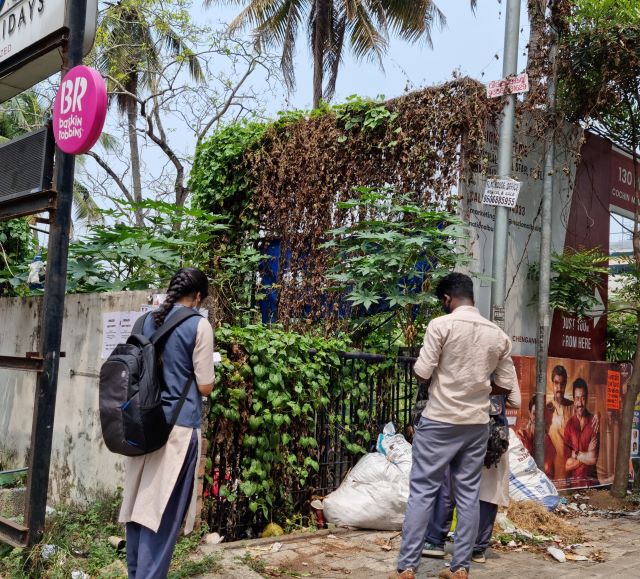By working with public policymakers in the Indian city of Kochi, researchers at Reading are improving access to affordable housing for the city’s migrant workers.
Kochi is the most densely populated city in the Kerala region of India. High demand for affordable housing means that workers who migrate to the city from other parts of India are often forced to live in unhygienic and unsafe conditions.
A project led by Professor Angelique Chettiparamb has resulted in an evidence-based strategic action plan accompanied by an urban vacant land inventory with the potential to improve the lives of thousands of people.
Chettiparamb and her team developed partnerships with academics and organisations at international, national and local levels, to access state of the art knowledge, and secure contacts required for rapid field studies to evaluate current issues in providing adequate rental housing for migrants in the city.
The strategic action plan to deliver rental housing for internal migrants in Kochi was formally adopted by the Local Government Council. Further partnerships led to the first ever rapid urban vacant land inventory carried out in a city of Kerala incorporating local academic and professional institutions.
This work has attracted interest of national and international development agencies with a view to formulating broader, city-wide planning strategies.
“The new policy, included in the 2021-22 budget, means we are now ready to provide safe accommodation at affordable rentals for migrant workers and pavement dwellers.” M Anilkumar, Mayor, Kochi Municipal Corporation
Judges’ comment
“A really neat and well-organised project that has been very successful as an engagement, planning and strategy project, influencing and engaging with policymakers and professionals who ‘own’ the problem whilst also uniquely building skills capacity for more than 750 local students in Kochi city.”
Team: Angelique Chettiparamb, Anil Ravindranathan (SCMS School of Architecture), Rajan Chedambath (Centre for Heritage, Environment and Development), Benoy Peter (Centre for Migration and Inclusive Development)
In partnership with Kochi Municipal Corporation, The Centre for Heritage, Environment and Development (C-HED), The Centre for Migration and Inclusive Development (CMID), SCMS School of Architecture
Funded by Research England
Shortlisted for the University Research Engagement and Impact Awards 2022
First published: June 2022

